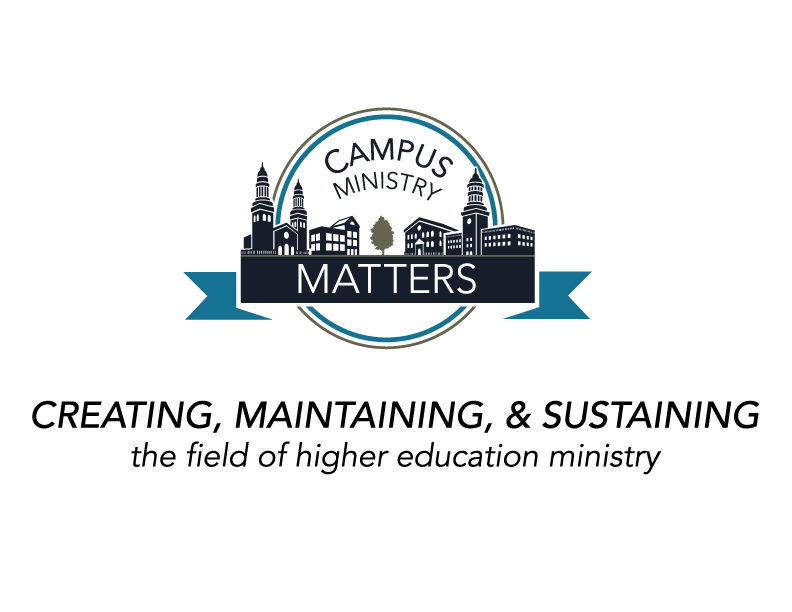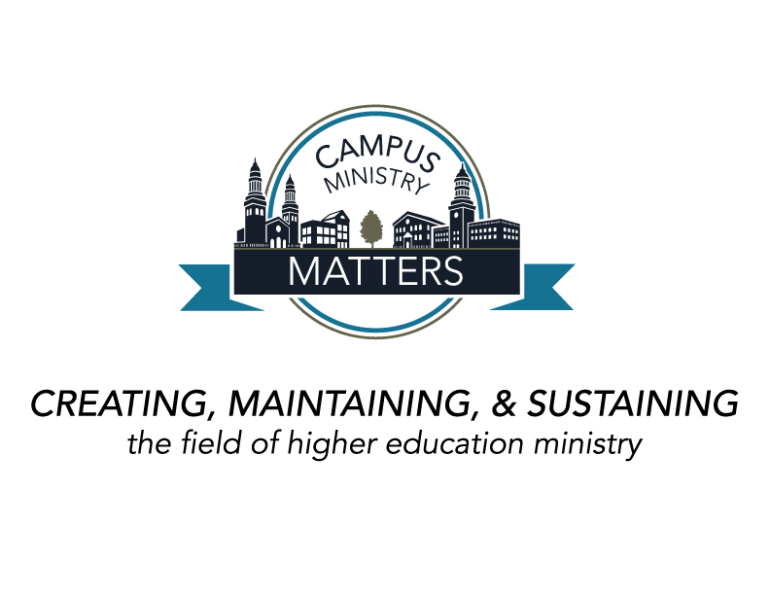Every year, I work with plenty of students who are studying abroad for a semester or even a year as part of their college experience. And many times, I hear that parents are worried or concerned about where their children are headed off to. Are you sure it’s ok to go to Turkey? Do you have to go to Israel right now? And the list goes on and on. Yesterday, I saw a tweet from someone who I do not know, but who asked whether the United States is really the place people shouldn’t be traveling to rather than us being fearful of traveling abroad.
Their point is clear. As a person who works in higher education, who has traveled to over 100 schools, have met thousands of students, and knows full well the way higher education is valuing international students as a way to diversify campus, I have to ask: are we as a country actually ready to to realize that it may be that we are the unsafe place for students to come. Just imagine it for a moment. In the aftermath of the situation in Orlando, as targeted as it seems to be toward the GLBTQIA community, we still have to understand that hundreds of thousands of international students this fall will come to the United States for the first time to attend institutions of higher education. But should they? Will they? How many families of international students today will reconsider sending their children to U.S. Universities because we are still having mass shootings almost everywhere in the United States. Read more…


 One conversation with a colleague specifically about Trump and about the situations on campus spurred a reality that I myself will now make public: I believe campus ministry, and the Church at large, has a chance (albeit this is not the approach we should hope for) to use this election as a catalyst for revitalization.
One conversation with a colleague specifically about Trump and about the situations on campus spurred a reality that I myself will now make public: I believe campus ministry, and the Church at large, has a chance (albeit this is not the approach we should hope for) to use this election as a catalyst for revitalization. 




